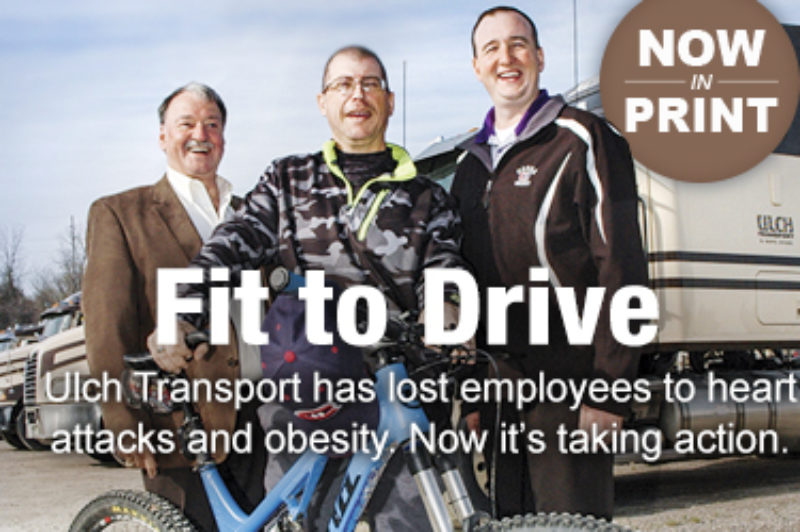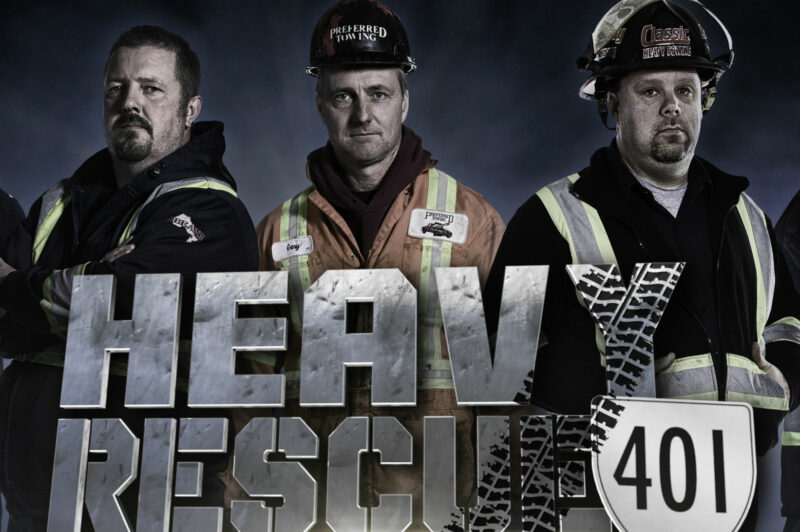
Driver shortage and the demographic cliff
Discussions about a driver shortage tend to fade away when the economy struggles, but there is no escaping the fact that Canada needs to attract a new generation of drivers. A 2016 study - Understanding the Truck Driver Demand and Supply Gap - determined that for-hire fleets will need 34,000 more drivers by 2024, many of whom will be needed to fill seats once held by drivers who retire or quit. Solutions will involve reaching out to underrepresented groups like millennials and women. In the meantime, limits on Temporary Foreign Workers have effectively eliminated another option.









